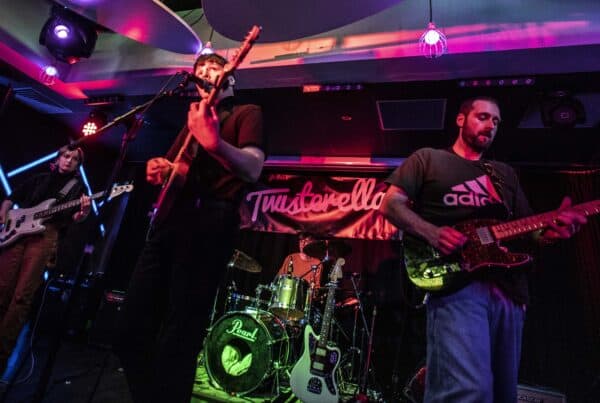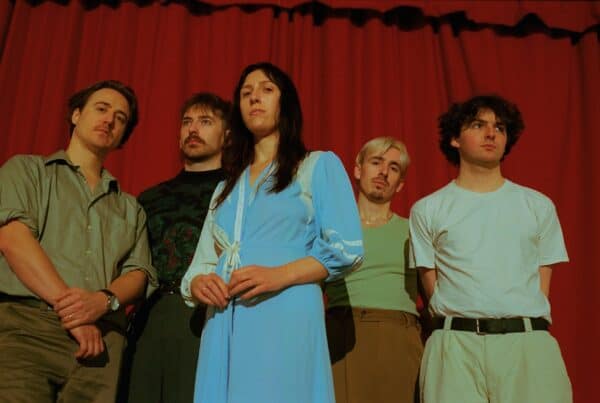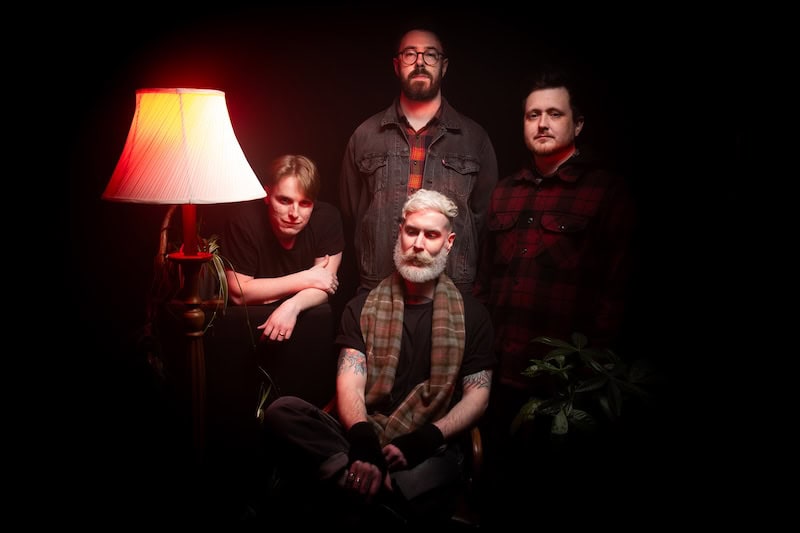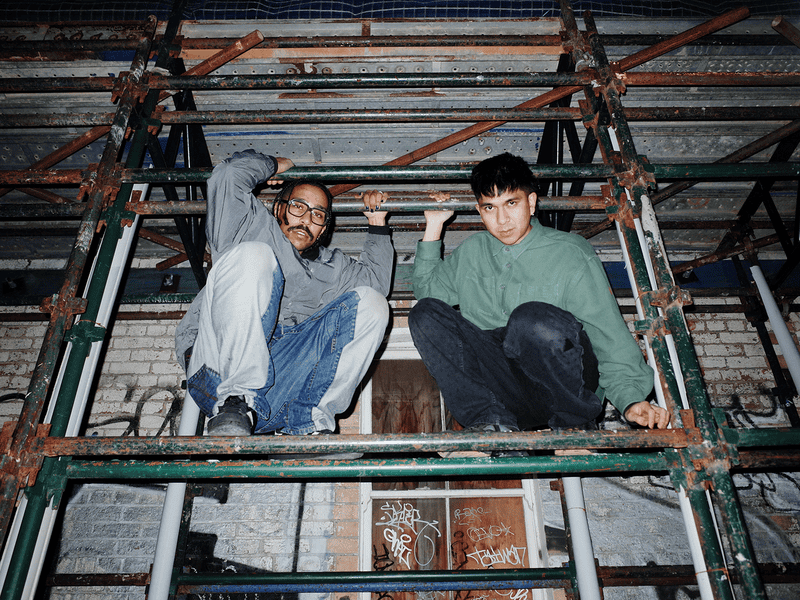“We want the likes of WWE, AEW and New Japan reaching out to us,” say PWS stars
Japanese wrestling has long inspired the culture and spirit of both performers and fans in the western world. The Strong Style movement has an influence in on the UK and US scene that can only be likened to the emergence of the high-flying lucha style on the American scene in the 1990s.
In the last decade, New Japan Pro Wrestling for instance has given us the Bullet Club and The Elite, countless five (and even six! star) matches to hunt down, and a realistic, sports-like presentation that informs promotions like All Elite Wrestling today.
But, unless you’re a truly die-hard pro wrestling fan, you may have heard less about the movement currently underway next door, in South Korea, where Pro Wrestling Society Korea is seeking to rebuild that country’s once-thriving pro wrestling culture. Founded in 2018, the promotion airs all of its shows globally on YouTube and has big hopes to be the global hub for South Korean talent.
Three members of the Seoul-based roster; Shiho, Ray XI and JD Lee recently opened-up to Dom Smith of Soundsphere Magazine and Give Me A Hull Yeah about the goals for the future of the promotion and the togetherness and collaborative spirit of the fledgling roster.
“The ultimate future for Pro Wrestling Society would be being the class one for every Korean pro wrestler to use to spread all over the world.” says PWS Korea founder “The Red Fox” Shiho, who became a fan as an 11-year-old when watching Stone Cold and Triple H beating on the Hardyz, only for the Undertaker and Kane to make the save.
“The new surge and growth of PWS means we can give pro wrestling in Korea the opportunity to spread all over the world. We want the likes of WWE, AEW and New Japan reaching out to us when they want to extend their market to South Korea. Wrestling here has huge potential and if they’re interested in having Korean wrestlers in their major league, I want them to contact us.”
The company’s YouTube channel is already racking up hundreds of thousands of views for its fast-paced, high-flying action as the roster seeks to build the company from the ground up in a true grassroots movement.
Ray Xi says the company, which started out just three years ago with training sessions that eventually became shows, has developed a true collaborative spirit focused on growing the brand.
“It’s been great to see everyone around us in the company to work together to expand. We all share a common goal and nobody wants to go over each other [to be successful],” he says. “It’s not about what makes me look good. It’s about how we can make magic to bring the fans back. PWS gives us a platform to perform.”
The company’s reigning ‘Most Improved Wrestler’ and one of the younger members of the roster, JD Lee says part of the challenge in attracting the South Korean audiences is helping to educate them about the genre. Just like wrestling fans around the world, there comes a time when they confront the realities about the business, usually in adolescence. JD says it’s up to PWS to the art form’s merit beyond perceptions of legitimacy.
“The first time I had a hard time was helping them understand what pro wrestling is. Is it fight? Or is it fake? But it’s not their fault, it’s our fault” he says. “We need to show them professional wrestling. We can show them our matches and say “it’s not a real fight, but actually it’s not fake, it’s pro wrestling itself. Come to our show and enjoy it. We hope they can come over and we grab them as a fan.”
Challenges still lay ahead though. The boom isn’t here yet. The promotion is always seeking sponsorship to help with putting on shows and attracting more eyes on the product. Shiho says a little more exposure will lead to an explosion in popularity.
He says: “I think the biggest challenges are always the lack of money and shortage of wrestlers. We don’t have that many wrestlers! The existence of PWS is a miracle because for 9 or ten years it was difficult us for us to even train people to wrestle. Now we have 13 or 14 people in PWS, which still isn’t that that many and it makes the show harder to book.
“The Korean people’s interest in pro wrestling is actually really huge if you have proper marketing and direction. When we’ve had shows in the past 2-3 years we’ve drawn audiences of up to 200, which was very inspirational for everyone.
“When you see our crowds, there are so many new people who have never heard about wrestling. They come to our show and they get crazy. They never seen this form of culture and they ask us why this culture didn’t exist in Korea in the last ten years.”
Overall, it was refreshing to see a band of wrestlers focused on building recognition for the profession in their home nation, working as a true troupe, rather than seeking individual recognition. If PWS’ influence eventually becomes felt in other parts of the world, as Japanese wrestling has been, that collaborative spirit would be its hallmark.
Words: Chris Smith






